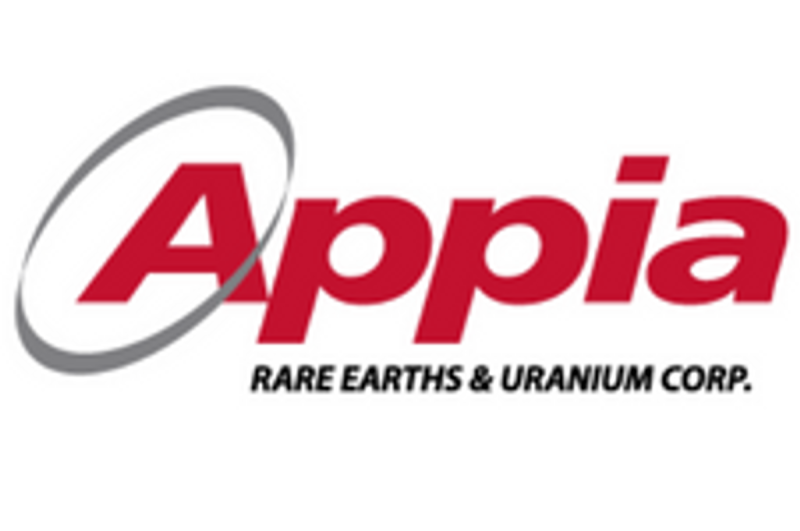Appia Energy Corp has officially announced their maiden rare earth mineral resource estimate for the PCH Ionic Adsorption Clay Project located in Goias, Brazil. This significant geological development quantifies a total of 6.6 million tonnes indicated grading at 2,513 parts per million (ppm) Total Rare Earth Oxides (TREO) and a substantial 46.2 million tonnes inferred grading at 2,888 ppm TREO.
This maiden resource estimate signifies a significant milestone for Appia. It displays the company’s continuous development and their commitment to establishing a substantial inventory of heavy rare earth elements. The essential components in numerous high-tech applications like wind turbines, electric vehicles, smartphones, and defense technologies are these rare earth elements.
The PCH Ionic Adsorption Clay Project has been under intensive investigation for over a year and the announcement of the maiden resource comes as a significant development. The project was initiated with the goal to investigate the potential for ionic adsorption clay deposits that typically carry high-value heavy rare earth elements and low levels of radioactive elements. We believe this could significantly benefit the global supply chain for this critical group of elements, as most of the world’s major resources originate from less predictable sources.
The estimate was made by SRK Consulting (Canada) Inc which used a total of 29,556 m of drilling in 292 vertical holes. The data analysis used the ionic clay deposit model for classifying resources. The ionic adsorption process enriches the weathered crust of the earth with heavy rare earth elements, resulting in a readily leachable deposit rich in heavy TREO that can be surface-mined with a very low environmental impact.
A breakdown of the indicated resource shows that it comprises a total of 6.6 million tonnes that grade an average 2,513 ppm TREO with a cut-off grade of 1,000 ppm total rare earth oxides. On the other hand, the inferred mineral resource encompasses an impressive 46.2 million tonnes at an average grade of 2,888 ppm TREO, once again with a cut-off grade of 1,000 ppm total rare earth oxides.
Appia remains steadfast in its dedication to forward momentum on this highly lucrative project. With a proven in-house team of exploration geologists and engineers, the company aims to expand resources at the PCH Project. The team is currently focused on the ongoing feasibility study, which is set to define project parameters, including mining methods, processing flow sheets, capital and operating costs, and economic forecasts.
While other challenges may yet emerge in the mining sector’s horizon, the discovery of significant rare earth mineral resources at the PCH Ionic Adsorption Clay project represents a positive development for Appia. This project may create a potent new source for critically needed rare earth elements, contributing to the development of a diverse global supply chain.
Over time, we expect the PCH project to stimulate economic growth and open up avenues for new employment opportunities in the region. The project’s potential impact on the resource industry, and the broader tech industry reliant on these elements, could be groundbreaking. It reaffirms Appia’s position as a leading explorer in the sector, and their commitment towards innovative and sustainable extraction methods marks them as trailblazers in the industry.




